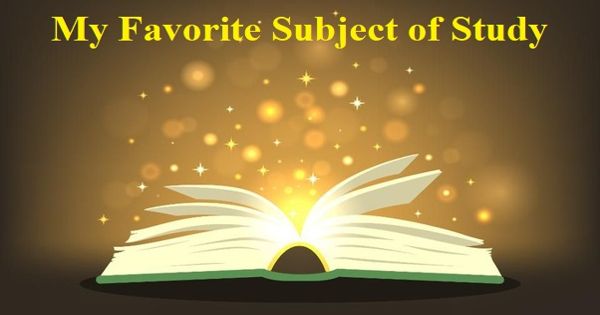My Favorite Subject of Study
My favorite subject of study is poetry. I like all true poetry. By true poetry, I mean poetry that touches my mind that moves me, and makes me forget myself. I am not satisfied with “jingling rhymes” or musical language. They are not unnecessary, but they are not enough. Poetry must not only please; it must inspire. I love the poems of Rabindranath. I admire those of Madhusudan, I read with pleasure the odes of Keats and Shelley. Occasionally a modern poem fills me with gladness. I have no prejudices. Classical poetry and modern poetry are alike welcome if only they move me.
If I am asked why poetry pleases me, I may not be able to define it. There are some lines that seem to open up new vistas of beauty; they haunt my memory and I love to head them again and yet again, to repeat them mentally. These are poems that thrill and inspire; they appeal to my higher nature, to my idealism, to my generous impulses. They fill me with noble thoughts. I find also that those poems please me best in which the beauty of the theme and the music of the verse go together; each bringing out the excellence of the other. A moral is better understood, a heroic tale is better told, beautiful scenery is better appreciated if presented in poetical language, that is, the language in with o fine selection of words in a fine musical form every the sentiment straight to my heart.
The joys of reading poetry are endless. When we are tired after a hard day’s labor and our mind is weary, to read a few lines of memorable verse refreshes us and restores our vigor. In our trials and sorrows, poetry binges us comfort and consolation. When we are moved by some profound experience that stirs our deepest fillings, we seek to relive them by reading poetry. It is a joy to us when we are in congenial company, a friend in our solitude. Poetry can be easily committed to memory and we can carry memorable lines with us and rehearse them mentally even while we walk the streets or sit at leisure. They take off the wary load that often oppresses us.
To derive the fullest happiness of our poetry, one must know to read it well, “with good discretion and accent.” For poetry is an art, and appreciation of art requires special training. Poetry should as much as possible, be read aloud. The music of it must sink into the soul. At the same time its meaning should be properly understood, for, in good poetry, the sound echoes the sense; the rhythm chimes in with the rhythm of the emotion which it is meant to express.
But to be too addicted to poetry may not always be desirable. It should never be indulged in as a luxury, for luxuries are equally bad; they sap one’s energy and strength. Poetry is an aid to life, not a substitute for it. I do not read poetry to run away from life, but only to be able to accept its challenge. To me, it is food and drinks not an intoxicating drug or wine.
















